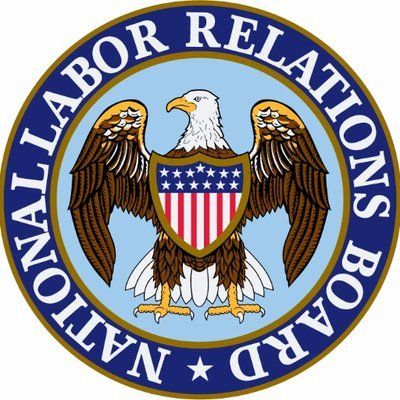Not Again: National Labor Board May Seek to Bring Back Micro-Units

The National Labor Relations Board (“NLRB”) is inviting public parties and amici to submit briefs to address the controversial issue of petitioned-for bargaining units.
The rise of this hotly contested concept is the result of a recent case, American Steel Construction, the merits of which have prompted the NLRB to reconsider reverting back to the standard established in a 2011 case, Specialty Healthcare, which made it easier for unions to organize employees into “micro-units.”
A “micro-unit” is a small portion of the total number of employees at a worksite which a labor union seeks to represent. This practice of targeting smaller groups of employees and providing them their own union representation presents a grave danger to employers and trade groups as it has been found to undermine worker’s rights and productivity.
A 2017 case, PCC Structurals, disfavored the use of these units, overturning the standard set in 2011. Now, the Biden board is likely to return to the 2011 standard, which was whether the employees encompassed a petitioned-for bargaining unit were readily identifiable as a group and shared a community interest.
Now that the NLRB has granted review of the issue, public parties are invited to e-file briefs before January 21, 2022 regarding the following:
- Should the Board adhere to the standard in PCC Structurals, Inc., as revised in The Boeing Company?
- If not, what standard should replace it? Should the Board return to the standard in Specialty Healthcare, either in its entirety or with modifications?
If the NLRB reverts back to the 2011 standard, it would be treading in dangerous waters, returning to harmful precedent in which the Board would accept the petitioned-for unit as appropriate in all cases except those in which the objecting party would somehow manage to survive a nearly impossible burden of proving that excluded employees share an “overwhelming community of interest” with included employees.
The return of micro-units is sure to awaken an uproar last seen over a decade ago and is almost certain to create division and discord in the workplace.
If you have questions about this topic, or any other general employment issues, please do not hesitate to contact the attorneys at The Royal Law Firm at 413-586-2288.







